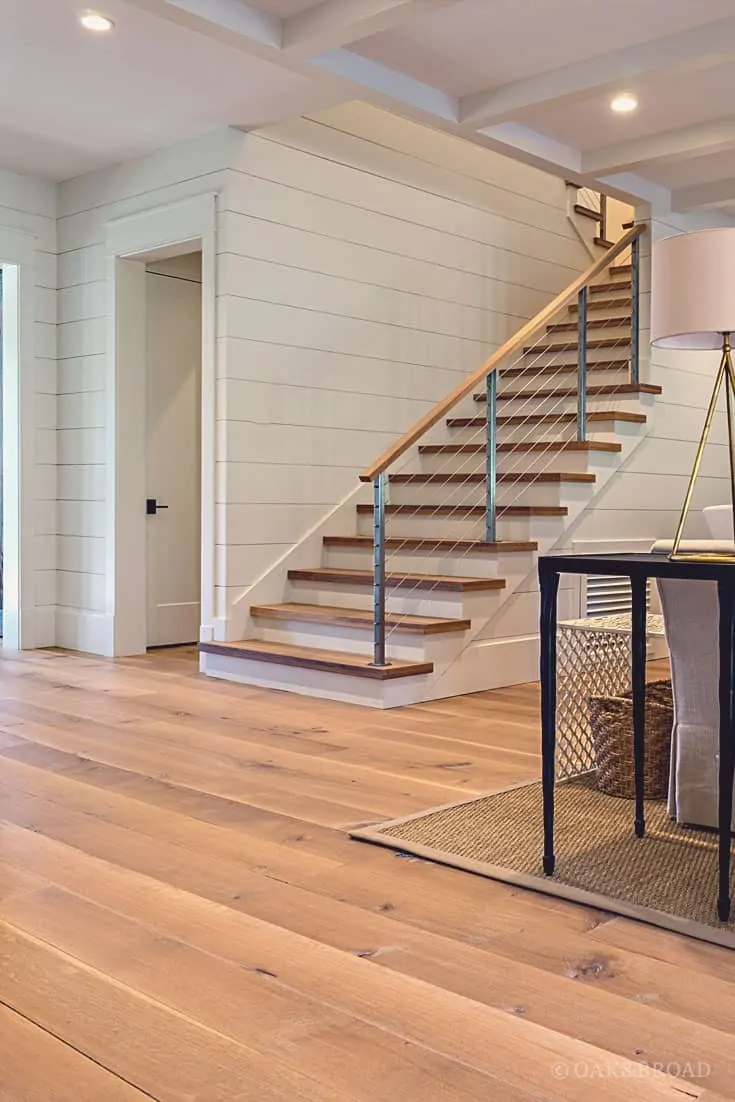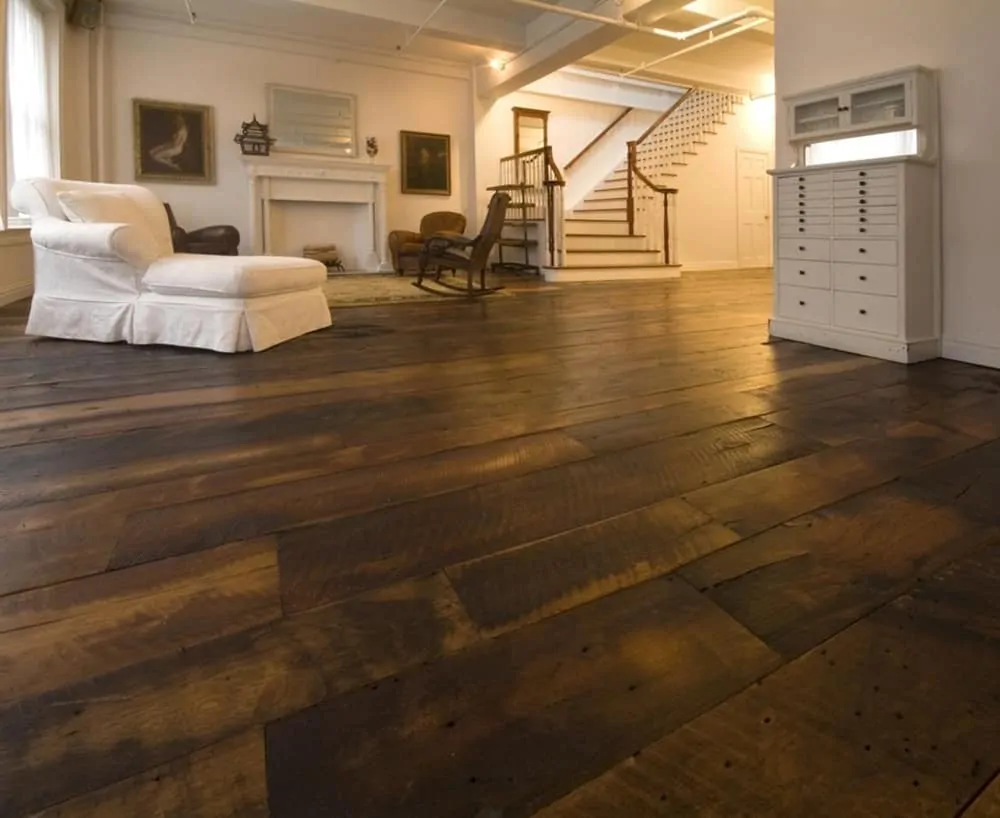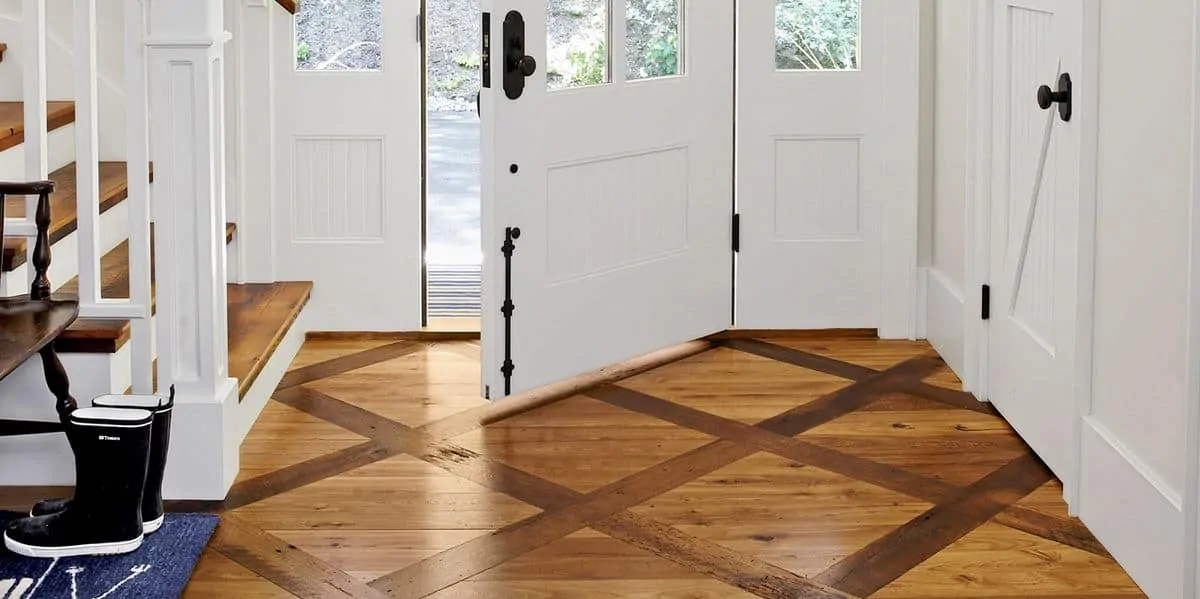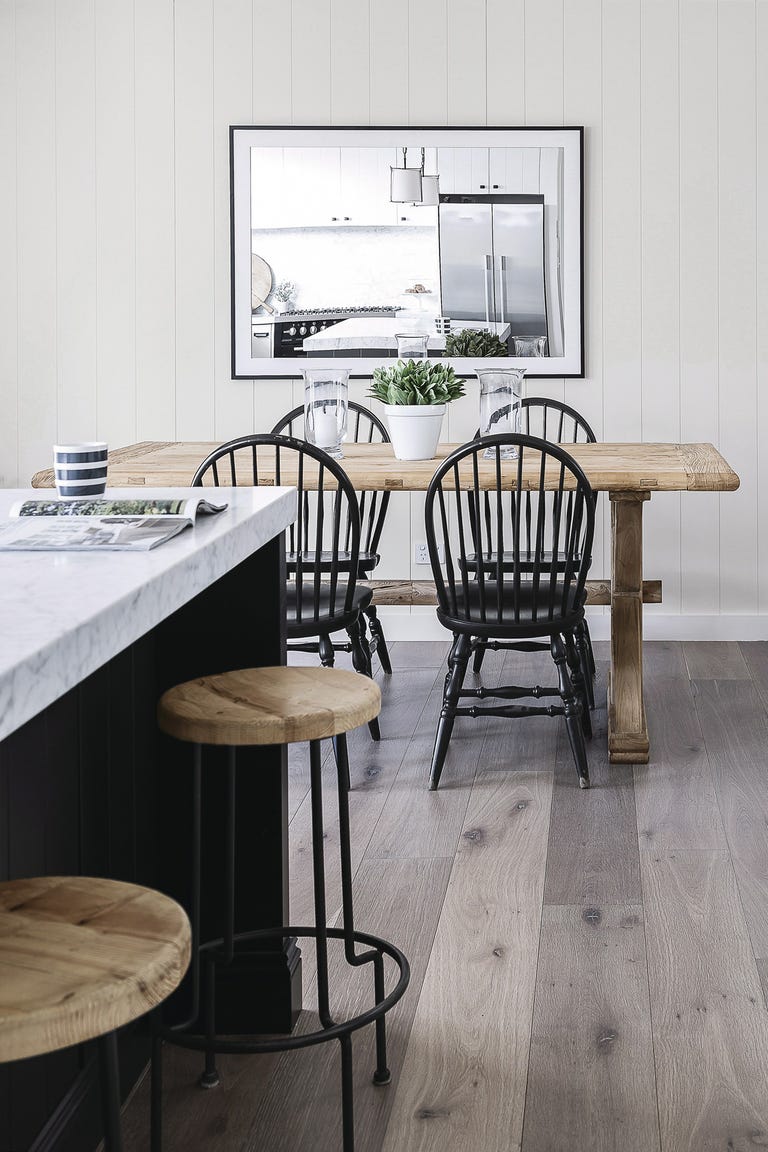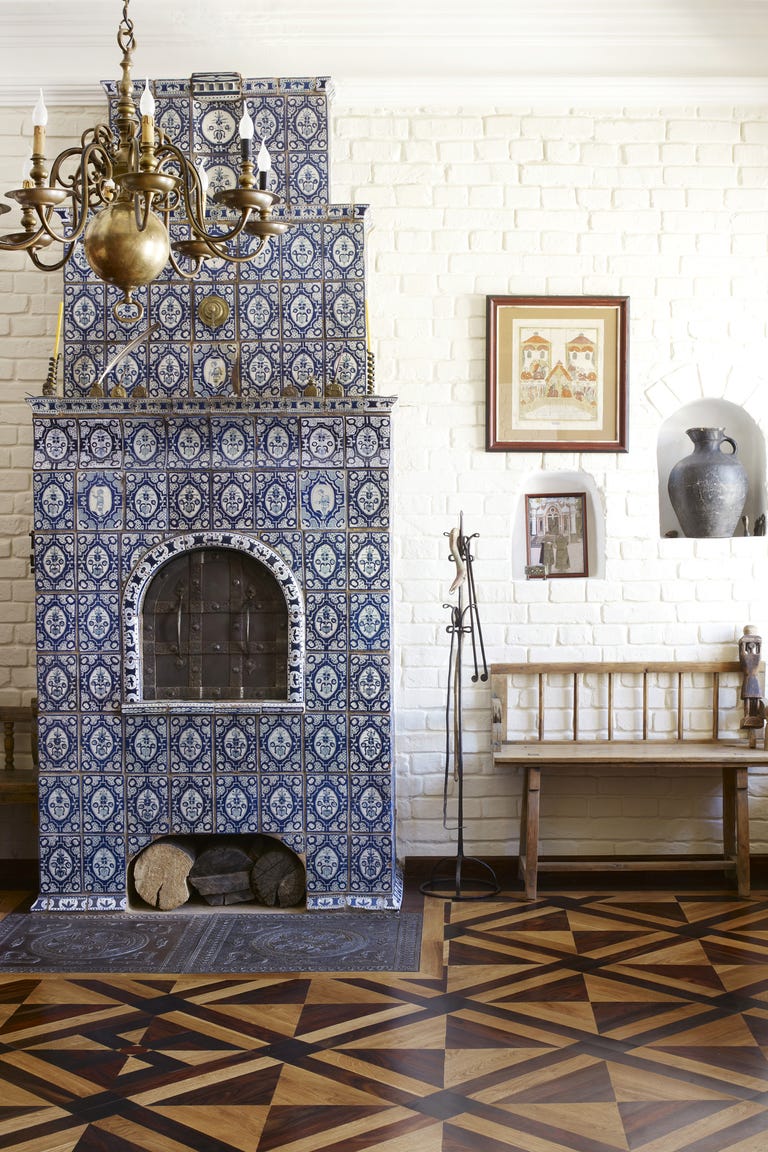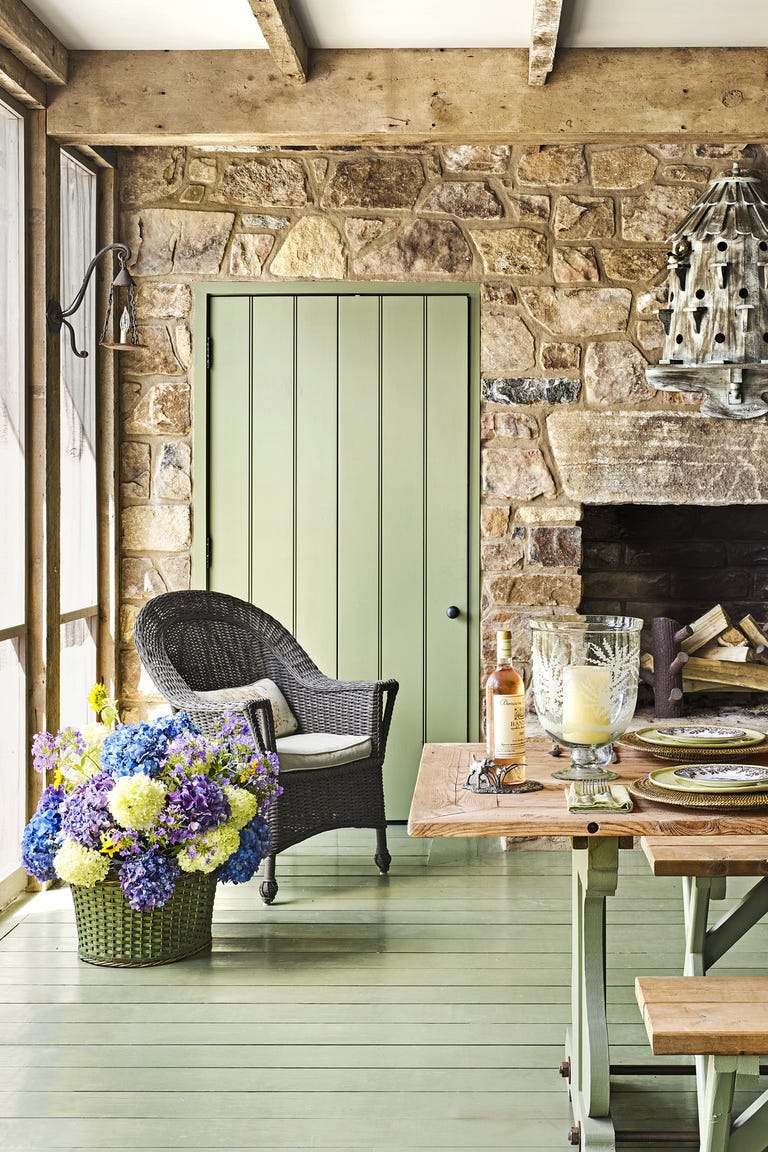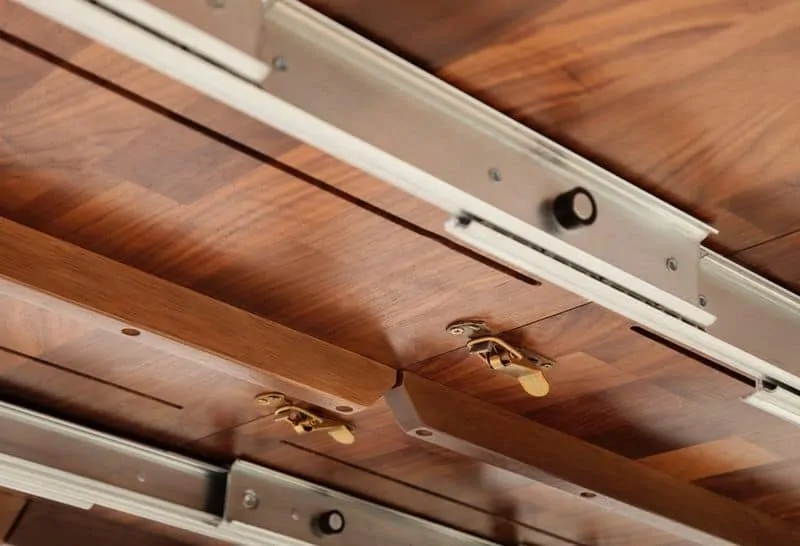Upgrading your house with a stunning hardwood floor is like including a work of art from centuries past. Each slab is a canvas in and of itself, with tannins that respond uniquely to various surfaces, which permeate the wood at a granular level. The kind of surface you pick can indicate the distinction in between bringing your art work to life and letting its unique radiance go undiscovered.An natural, non-toxic hard-wax oil surface, can give your masterpiece lasting defense and exceptional beauty. A polyurethane finish, on the other hand, provides benefit and value however can never ever rather match the special matte aesthetic that hard-wax oil provides to connect your décor together.Ease of usage, toughness, and value are very important elements to think about when choosing a finish. In what follows, we’ll have a look at how polyurethane compares to tough wax oil. After comparing the 2, we believe you’ll agree that it’s hard to match the old-world craftsmanship feel that hard-wax oil provides.Polyurethane Ends up When it concerns commercial polyurethane
finishes, there are two various bases from which to choose: water-based and oil-based. Each has its pros and cons when compared versus each other– as well as when compared versus a hard-wax oil finish.Water-Based Polyurethane Ends up– Benefits Water-based surfaces were produced a non-yellowing alternative to oil-based polyurethanes, which tend to imbue floors with an amber shade. Water-based finishes dry much faster than oil-based, are odor free and simpler to apply. They provide better sturdiness and abrasion resistance, and for the most parts, floors don’t have to be cleaned up as often. The most common surface amongst factory pre-finished floors, water-based polyurethanes include aluminum oxide particles, which serve as a hardener that reduces wear-through. Water-Based Polyurethane Ends Up– Drawbacks Because polyurethane is basically a plastic through a liquid up until it dries, water-based finishes are apt to create an
synthetic, plastic look. This is real of oil-based polyurethane. When utilizing a water-based finish, the whole flooring must be refinished– spot repair work are out of the question. They are not as flexible as oil-based finishes and are susceptible to leave”lap-marks”if administered incorrectly. Lastly, water-based finishes are usually more expensive than their oil-based counterparts.Oil-Based Polyurethane Finishes– Advantages While they are less long lasting than water-based polyurethanes, oil-based surfaces do offer much better resilience than shellac and lacquer.
They are more easy to use than water-based finishes, making them much easier to apply. And as previously mentioned, oil-based surfaces are cheaper than water-based polyurethanes.Oil-Based Polyurethane Finishes– Disadvantages In addition to being less durable than water-based finishes, oil-based polyurethane surfaces contain Volatile Organic Compounds (VOCs), which are poisonous and strong smelling. That signature”oil smell”will take some time to dissipate. Oil-based finishes tend to yellow or amber the color of the floor. Similar to water-based surfaces, the whole flooring must be refinished, which can result in a synthetic appearance.Scratch marks are more visible on both oil-based and water-based polyurethane finishes, frequently resulting in persistent white lines, which can be tough to fix. Because these finishes are essentially a plastic movie on the surface area of your flooring, they likewise have the propensity to trap excessive wetness, which can cause mold and costly damages.Hard-Wax Oil Ends up Like your hardwood floor itself, hard-wax oil finishes have a variety of unique characteristics. When used by hand, these finishes use a combination of defense, conditioning, and beauty that you just won’t discover with polyurethane finishes.Hard-Wax Oil Ends up– Advantages Hard-wax oil finishes are non-toxic with no biocides, preservatives or benzenes. These surfaces use a range of colors, from clear to dark amber, and produce a warm, natural matte look. In addition to offering color to the wood, hard-wax oil finishes keep it from drying gradually, protecting against warping and weakening.
One of the chief benefits of hard-wax oil finishes is that like a comfortable old leather chair, the finished flooring gains more character and gets much better with age.A wax finish penetrates the wood and acts as a barrier against stains and moisture. Yet, the cells of the wood are not closed off, so the flooring is permitted to breathe. This can prevent mold. Due to the fact that they solidify the wood, hard-wax oil extends the life of your floor, making it look better longer.Hard-wax oil completed floors are< a href =http://duchateau.com/blog/the-wood-doctor-water-vs-wood target =_ blank >
more water resistant than polyurethane-finished floors because they quicker permit expansion and contraction. A polyurethane-finished floor essentially produces a plastic movie over the wood, which can trap wetness and damage the floor.With hard-wax oil, the real completing process is
a lot easier and faster than standard urethane surfaces. This means that the repair process is easier. Hard-wax oil ended up floors can be spot-repaired with simply a light sanding of the afflicted area followed by a topical coat of oil.Hard-Wax Oil Completes– Downsides When compared against polyurethanes, hard-wax oil finishes do not have a lot of drawback. Floorings ended up with hard-wax oil do require a periodic coat of maintenance oil. This procedure is not tough, though, and does not require a skilled specialist. After applying maintenance oil, you will observe a change in sheen level.
The floor will return to its initial gloss level after a few days.Conclusion Not unlike a classic masterpiece, a quality wood flooring requires a careful ending up touch prior to really coming to life. Hardwood floor owners have a choice when it comes finishes. While polyurethane surfaces have a couple of favorable things opting for them, at the end of the day, absolutely nothing quite compares with hard-wax oil finishes.In keeping with the long-standing European custom, all Atelier floors are ended up with
a natural, non-toxic hard-wax oil for an enduring defense and unequaled sophistication. Our hard-wax oil is non-toxic with no biocides, no preservatives, and benzene-free. It’s one reason DuChâteau wood floorings are engineered to be wonderfully safe for those who experience them firsthand.
Contact us today to find out more about our lots of hardwood styles, colors, and finishes! 1.888.382.4283
Source
http://duchateau.com/blog/uncategorized/hard-wax-oil-or-polyurethane-which-hardwood-finish-is-best
